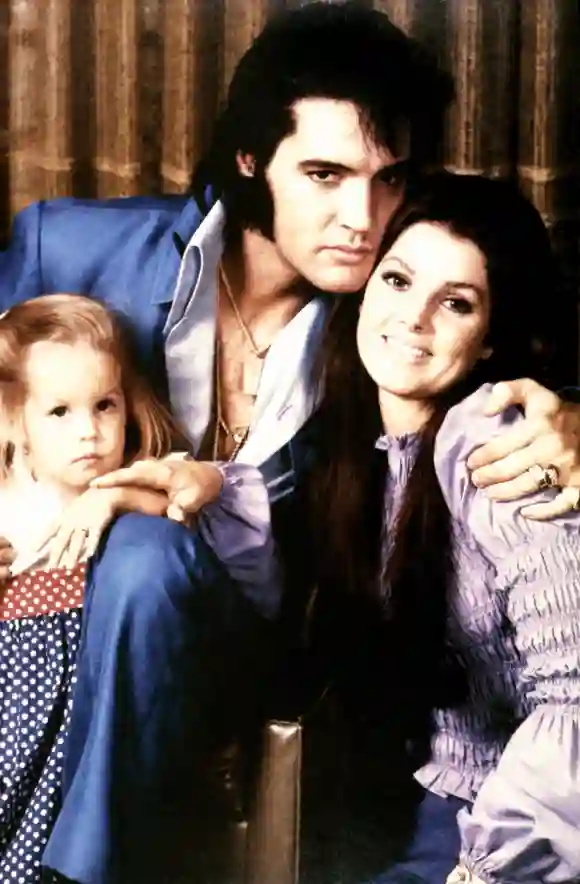Low battery
Battery level is below 20%. Connect charger soon.
We’ll also give some tips … · there, their and they’re are some of the most commonly confused words. Here, some tricks and examples to help you use them correctly. These three words are homophones — they sound the … Here is a short guide to help understand the difference … · many learners struggle with there, their, and they’re, but this post will clear up the confusion with examples and tips. They’re, their, and there are among the most commonly confused homophones. Their is for possession, there is a place (like here), and theyre is short for they are. There, their, and theyre sound similar but their meanings are different. These words are homophones. · confused by their, there, and they’re? That is, they sound alike but are spelled differently and have different … · “they’re” is a contraction of “they are” used in conversation or informal writing. · use “there” for a place, “their” as a possessive for “belonging to them,” and “they’re” as a contraction for “they are. ” Learn the meaning behind these three words and how to use them correctly. · their, there and they’re are homophones that are often confused by learners and native speakers of english alike. “their” is a possessive referring to the same “they” from earlier in the sentence. · in this article, we’ll explain the meanings of their, there, and they’re, how to use each word correctly, and provide example sentences for each term. Learn simple tips and examples to use these commonly mixed-up words correctly every time. · “there,” “their,” and “they’re” all sound the same, so what’s the difference?




